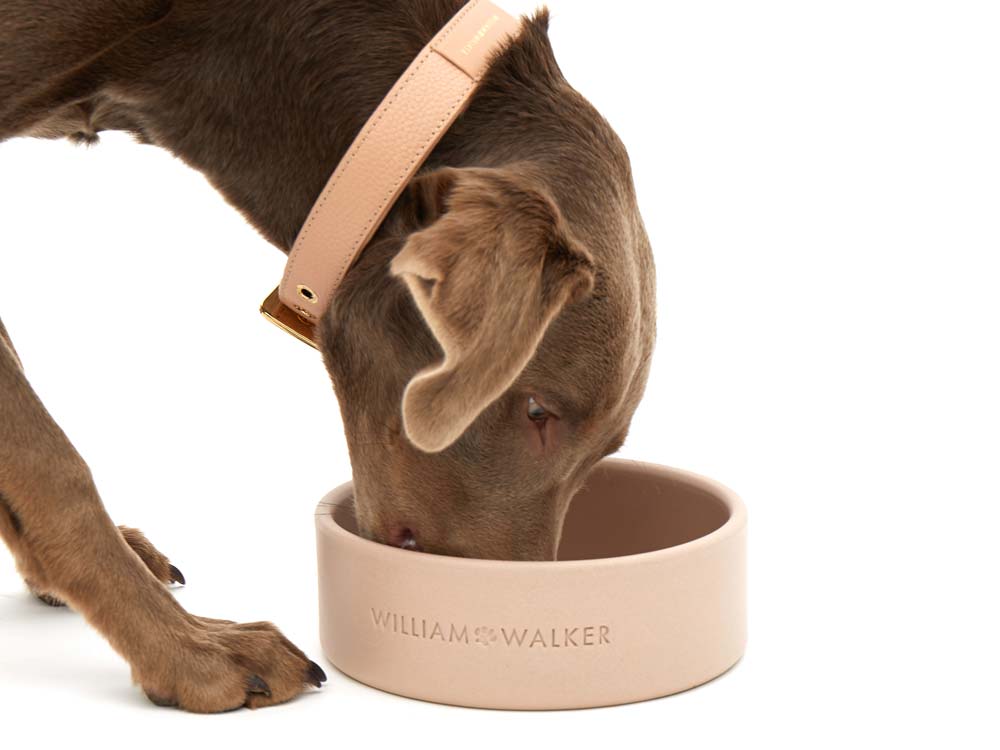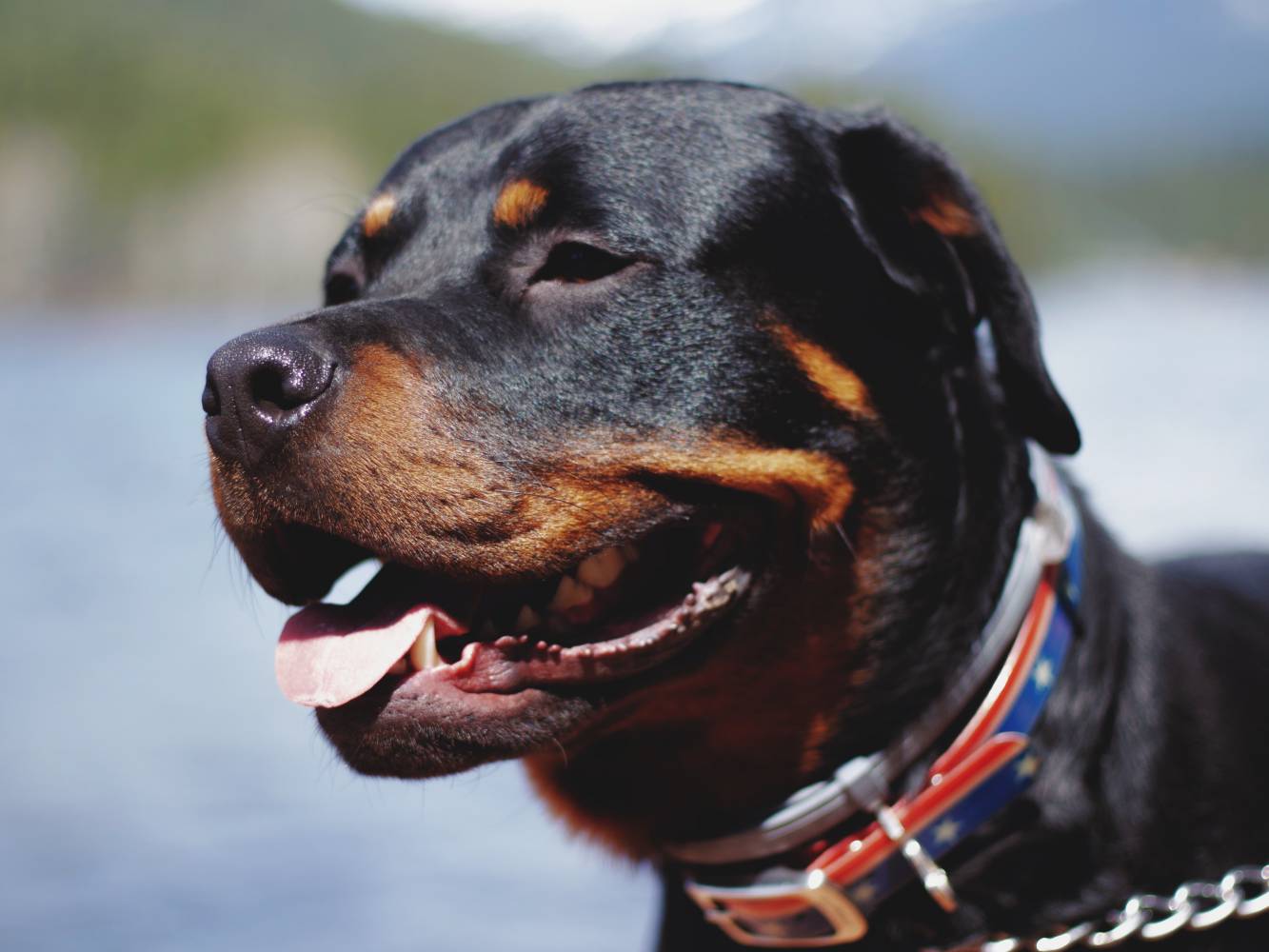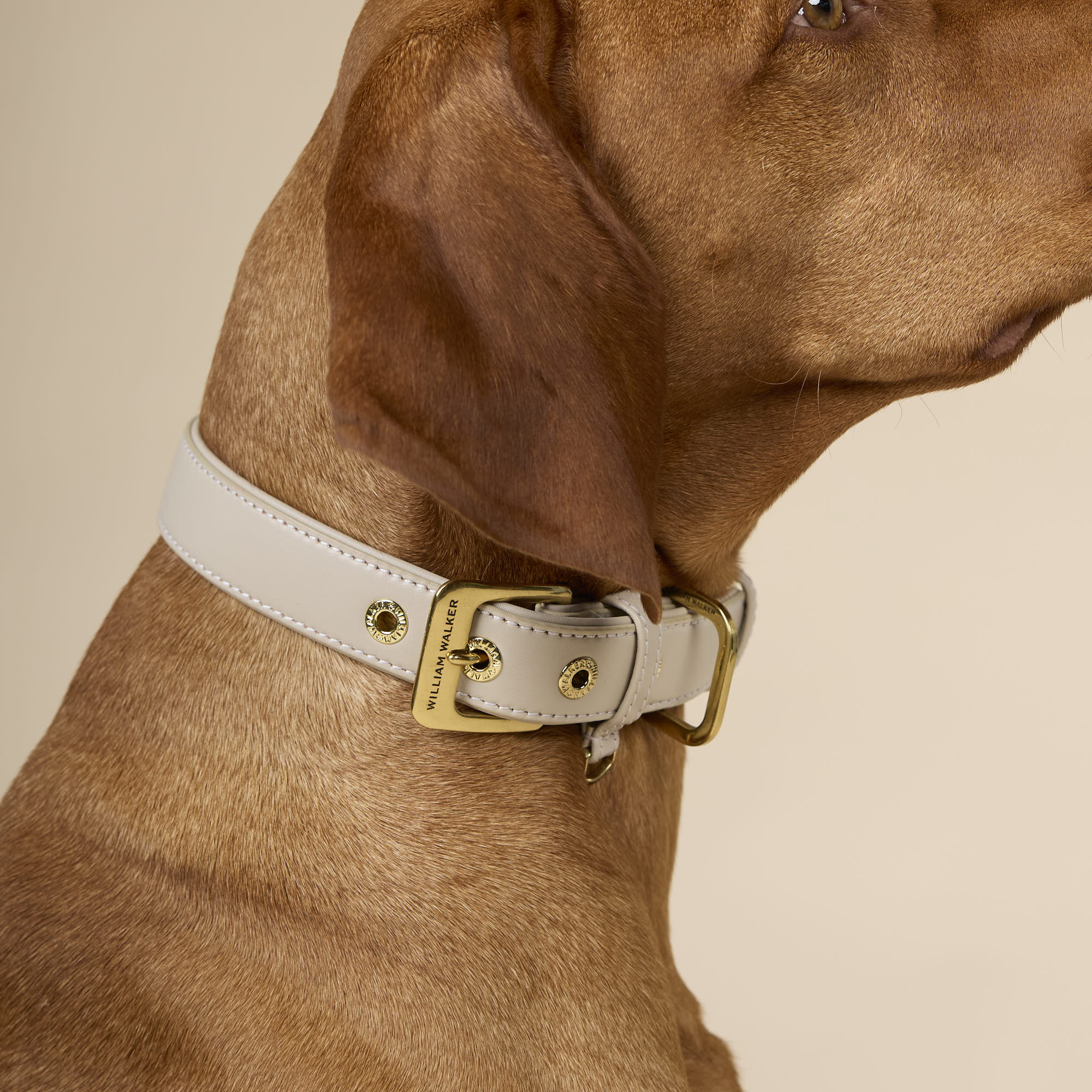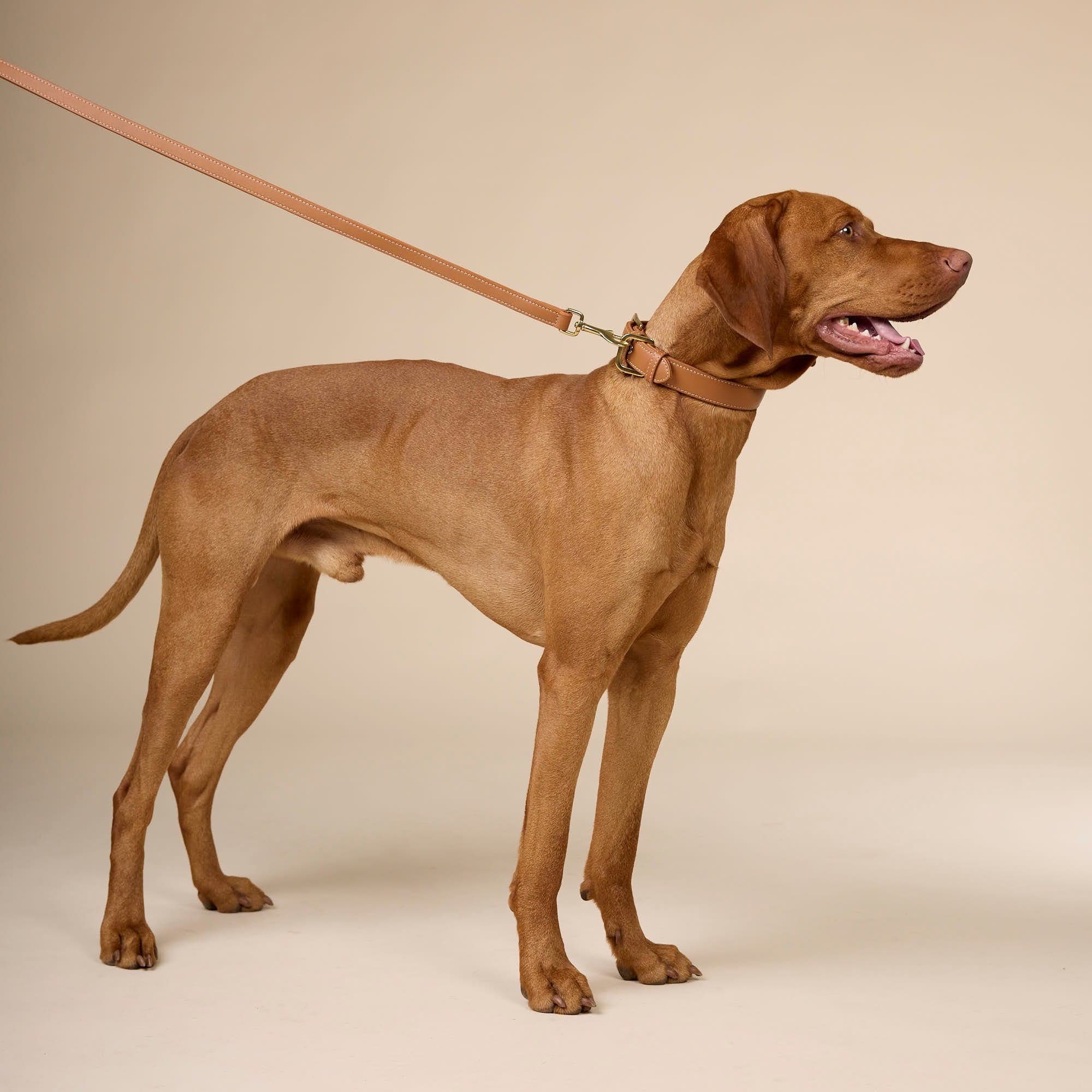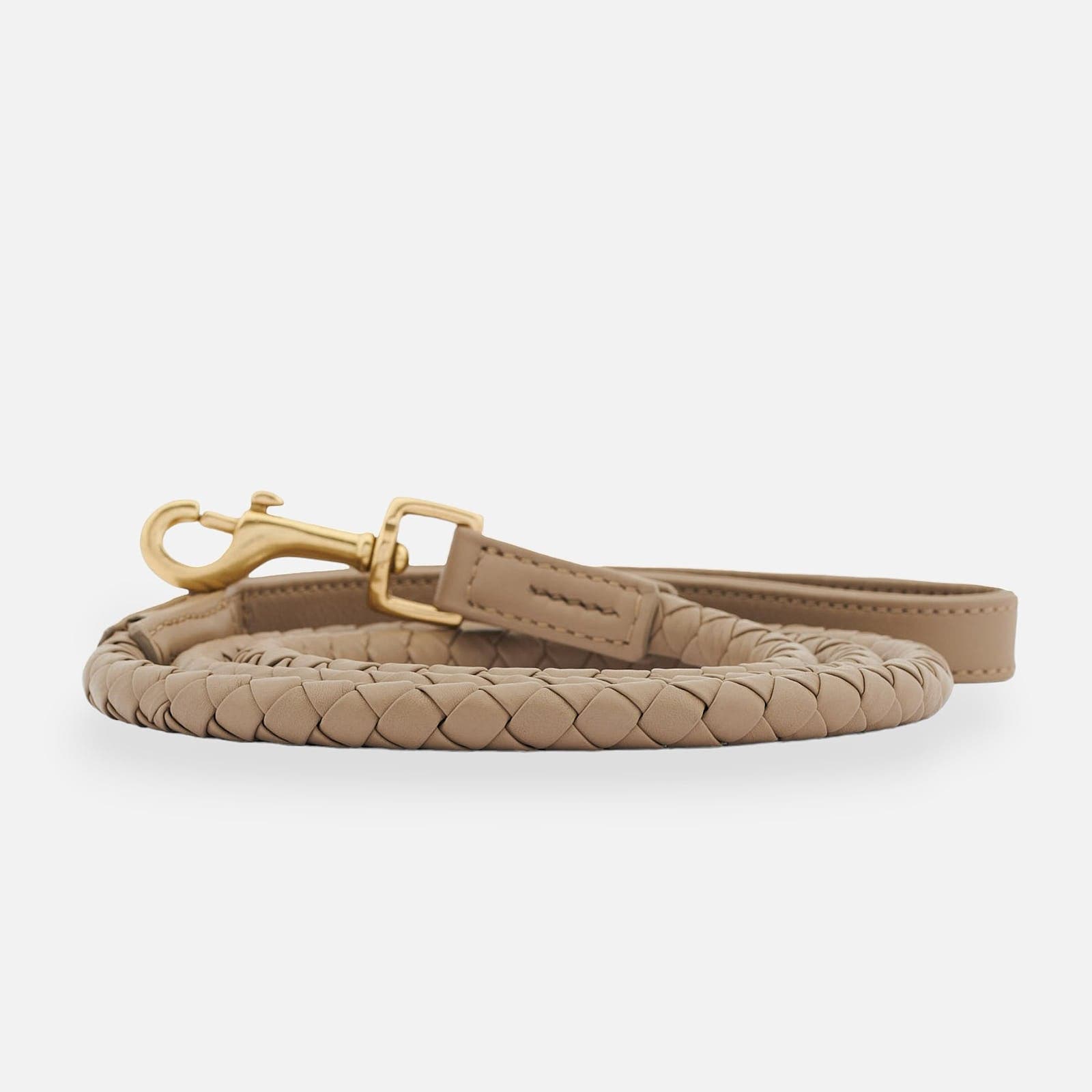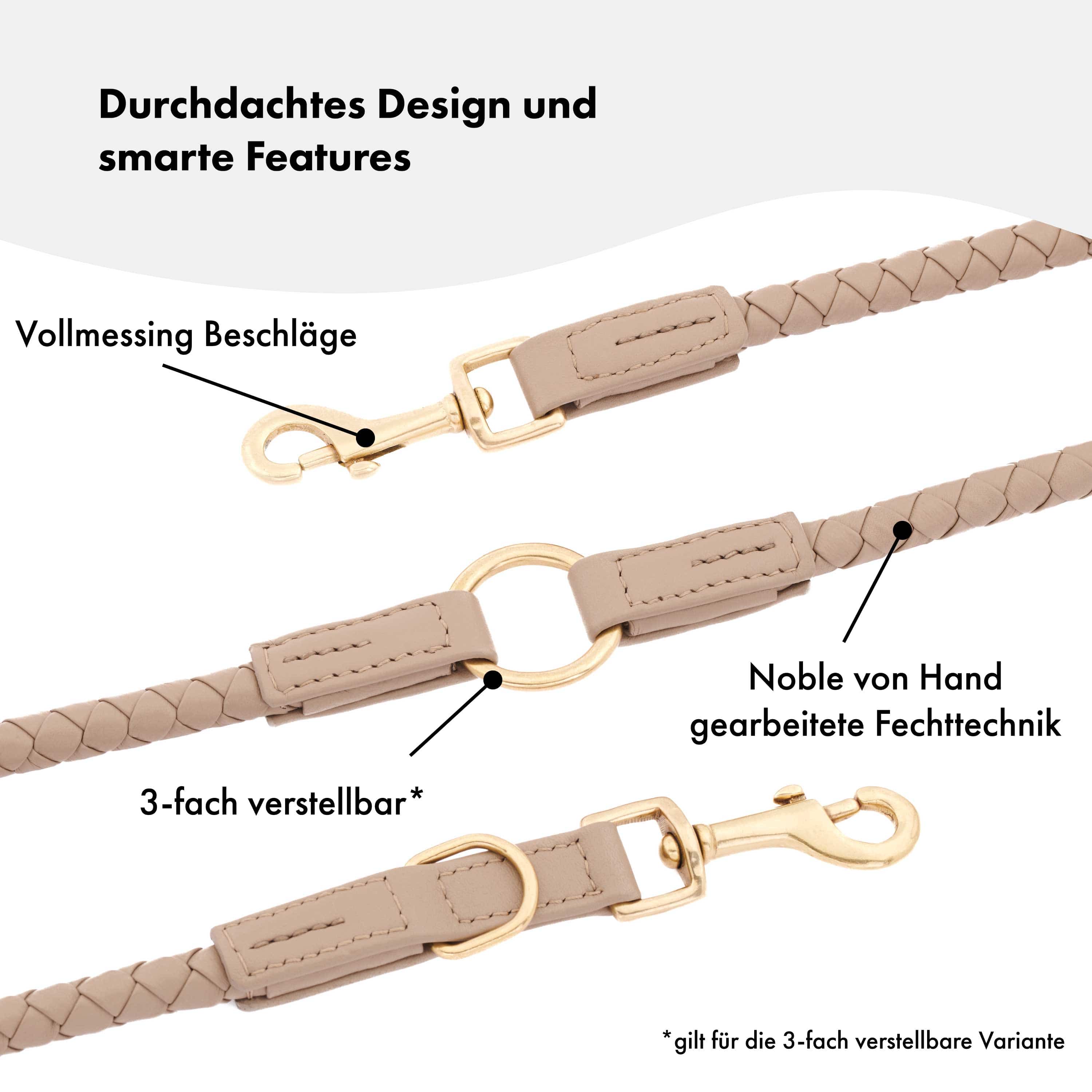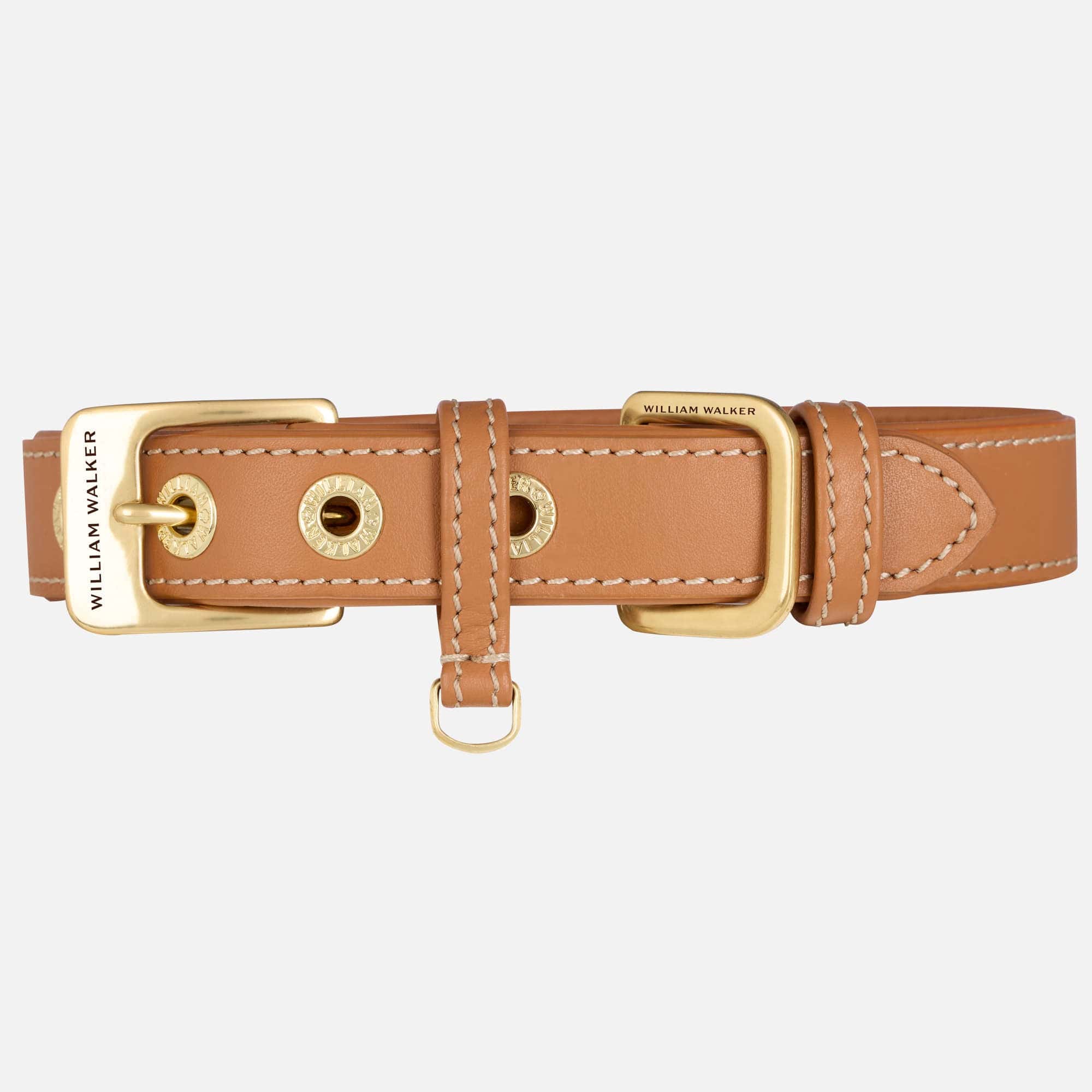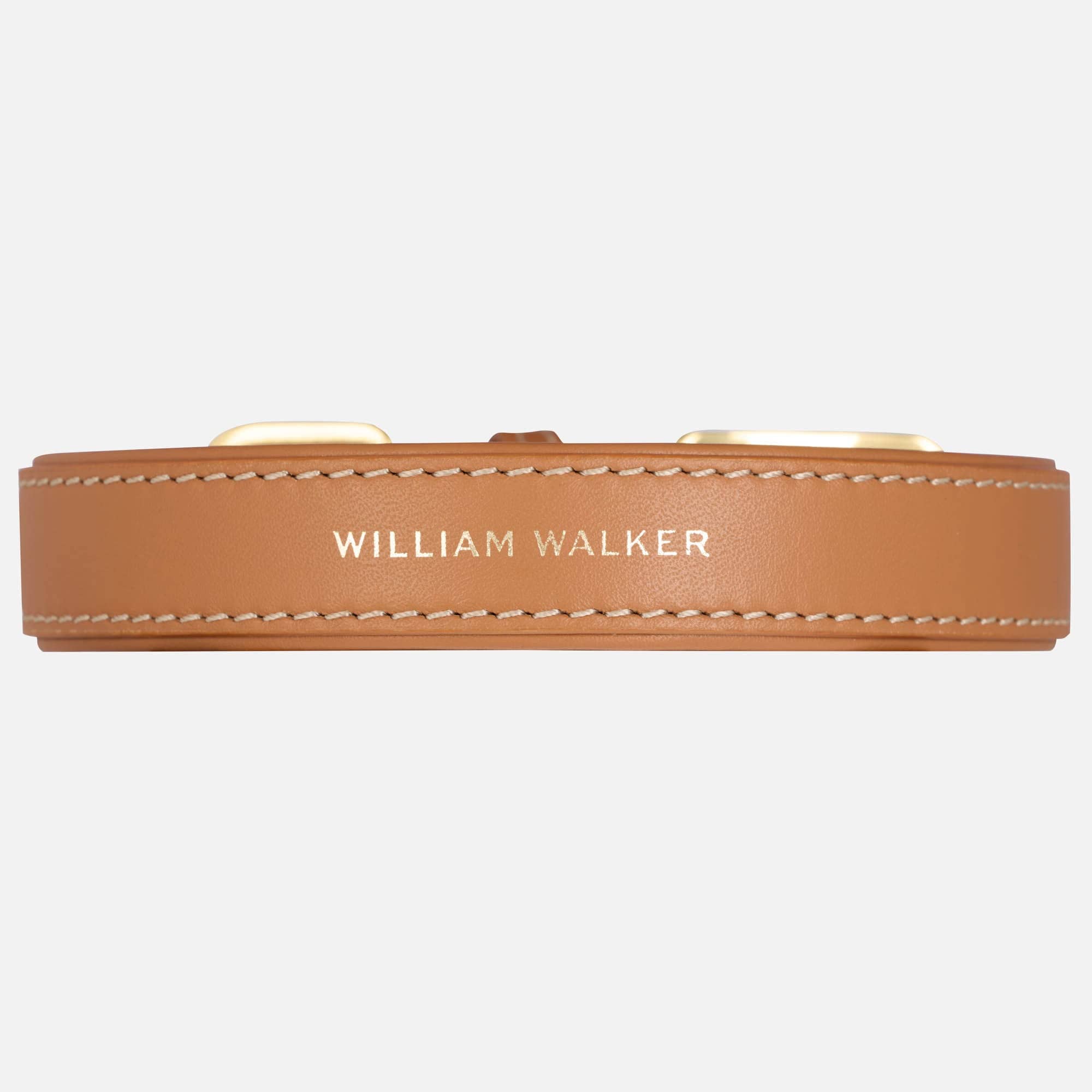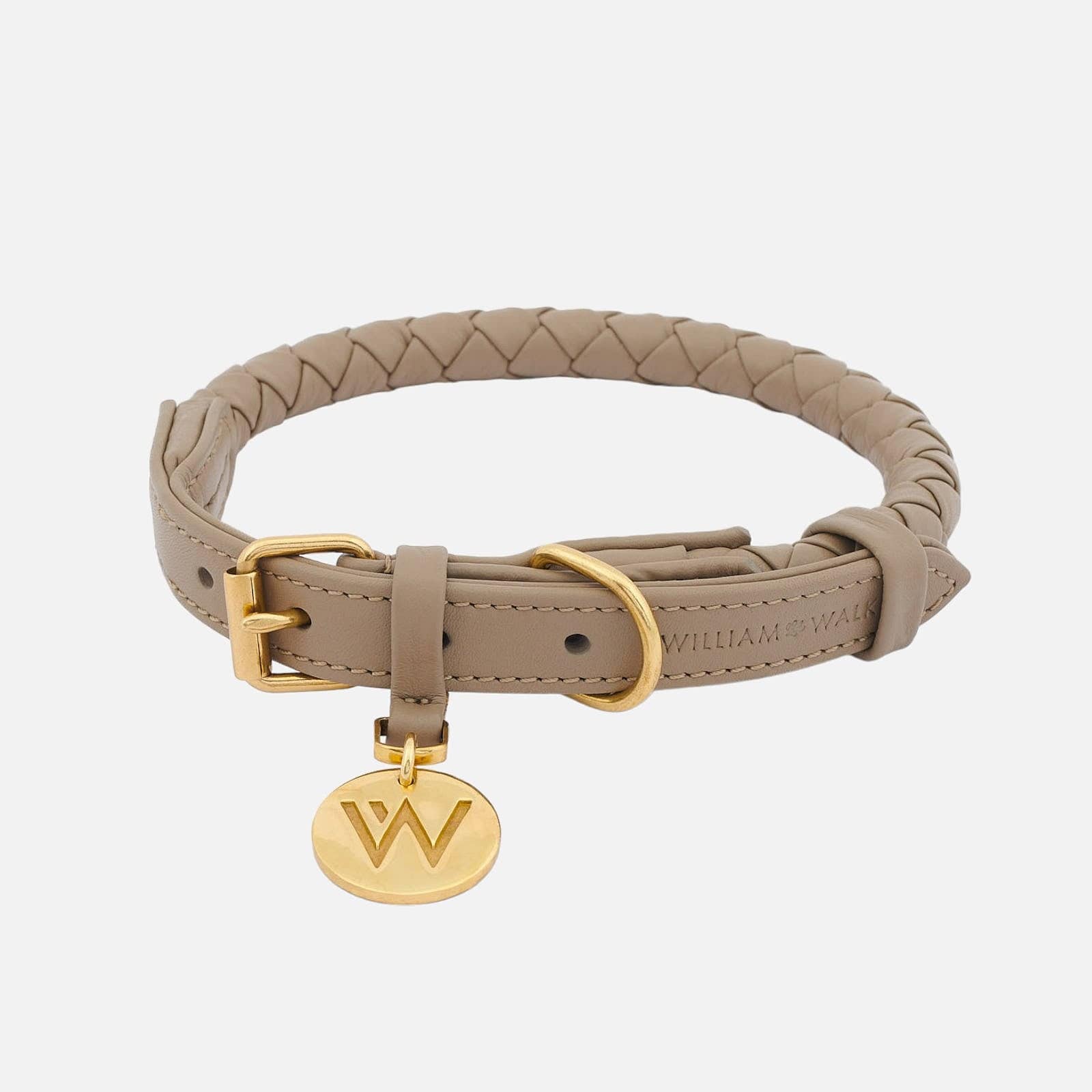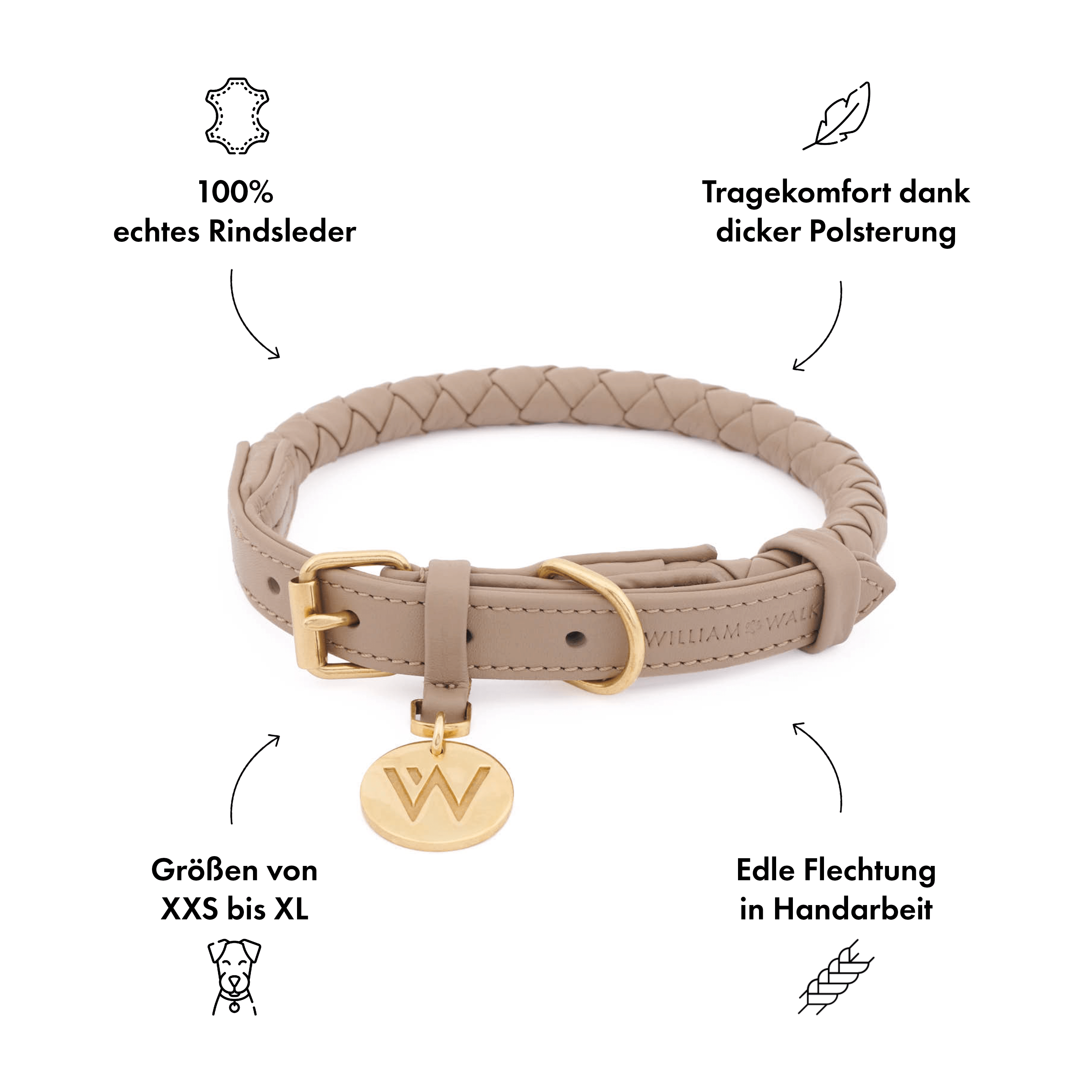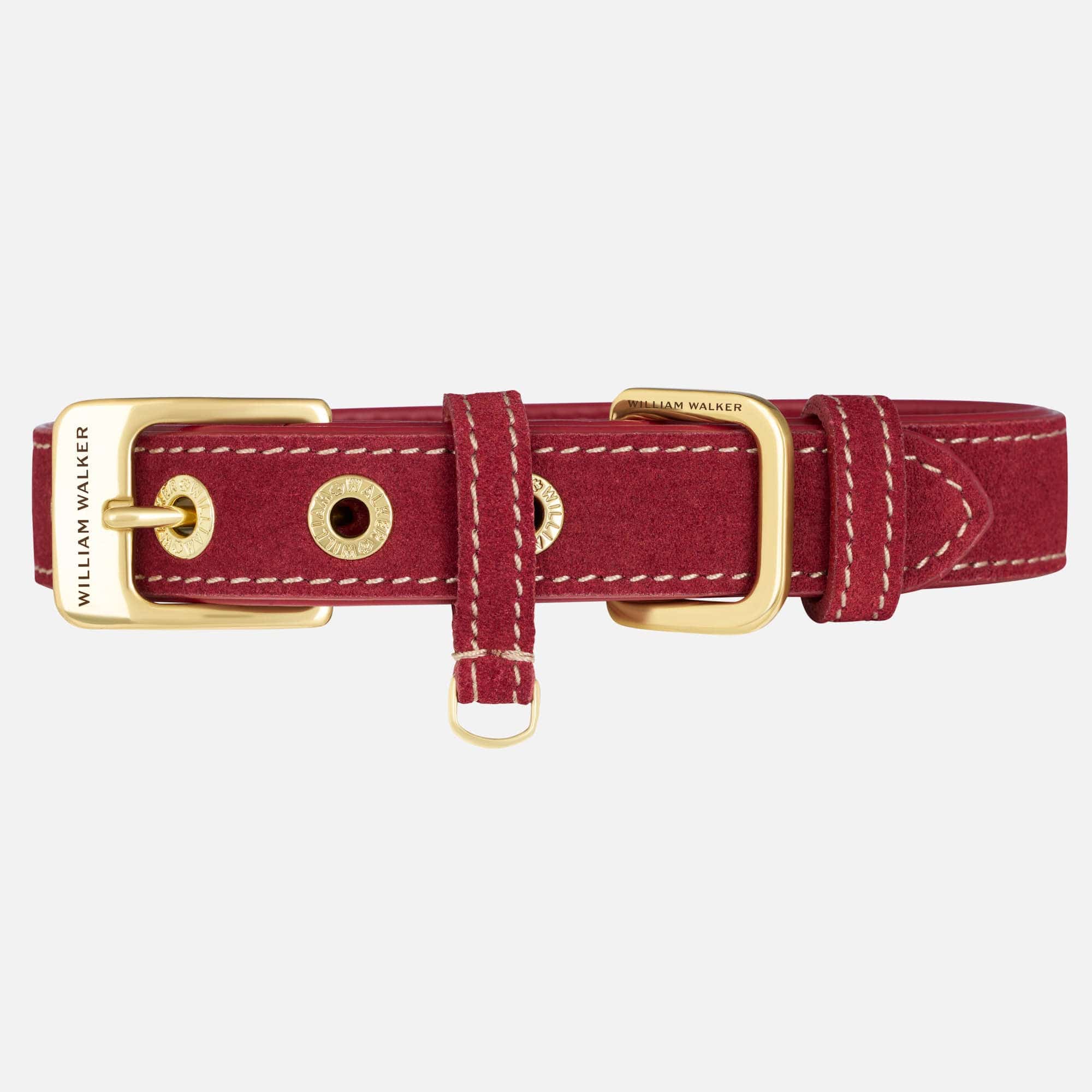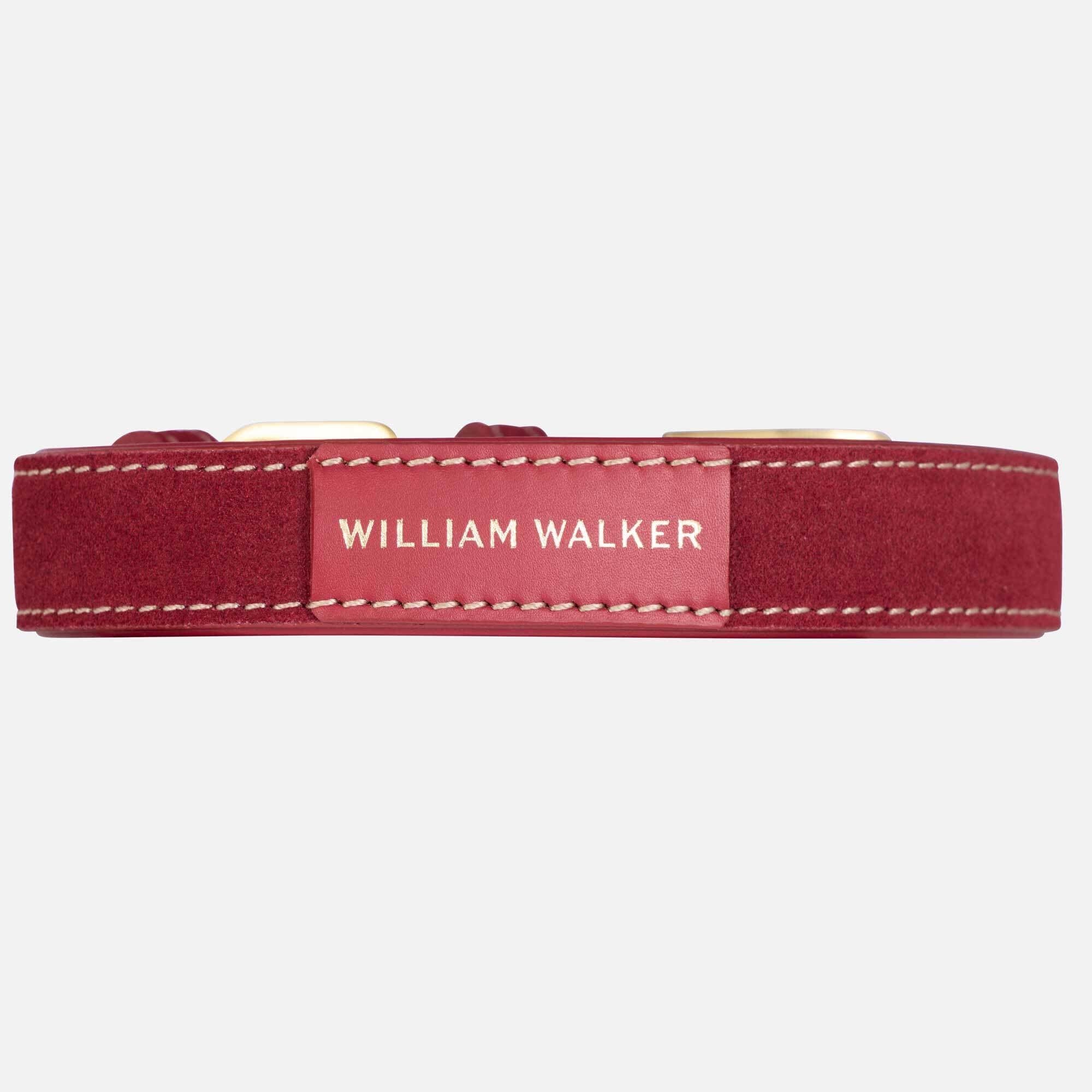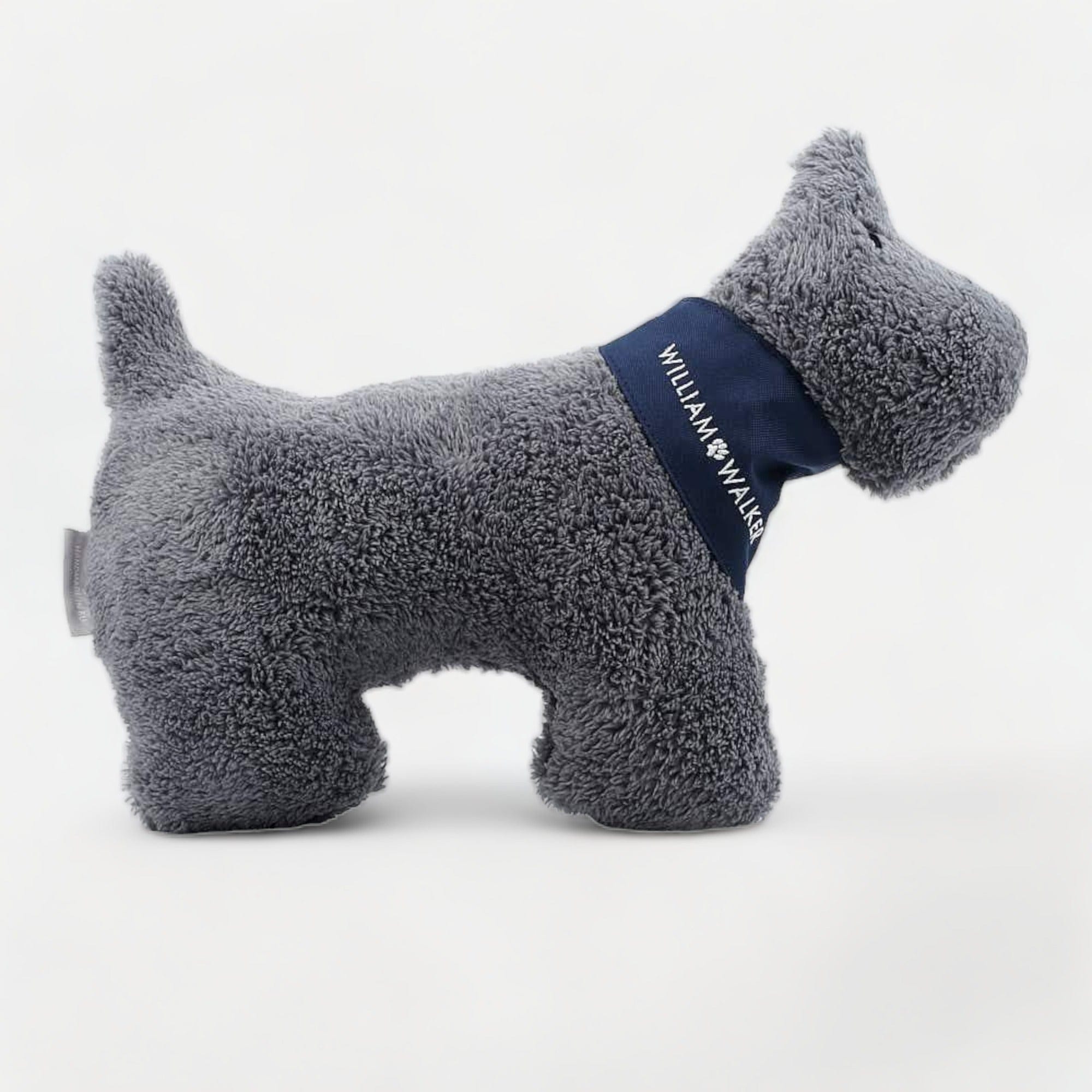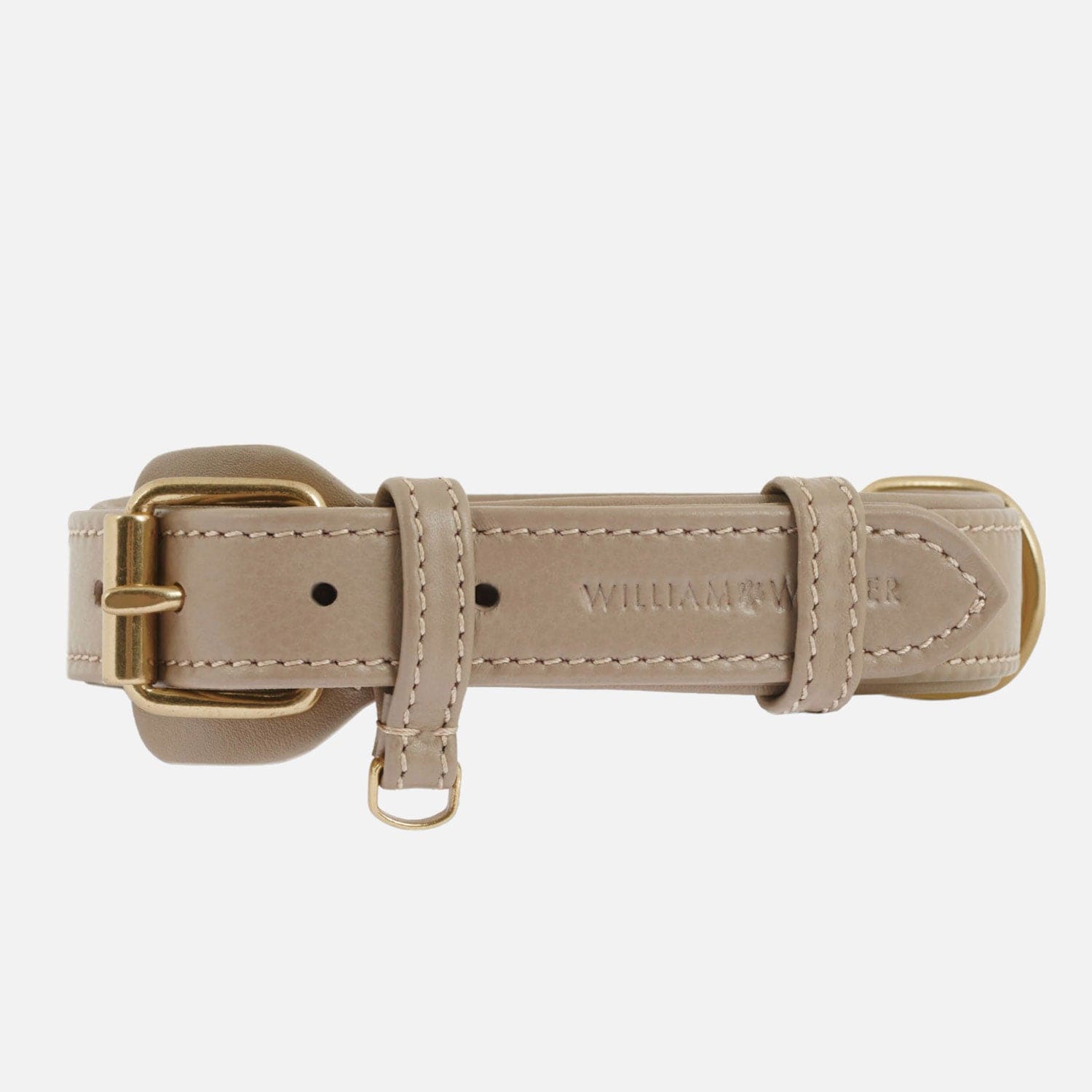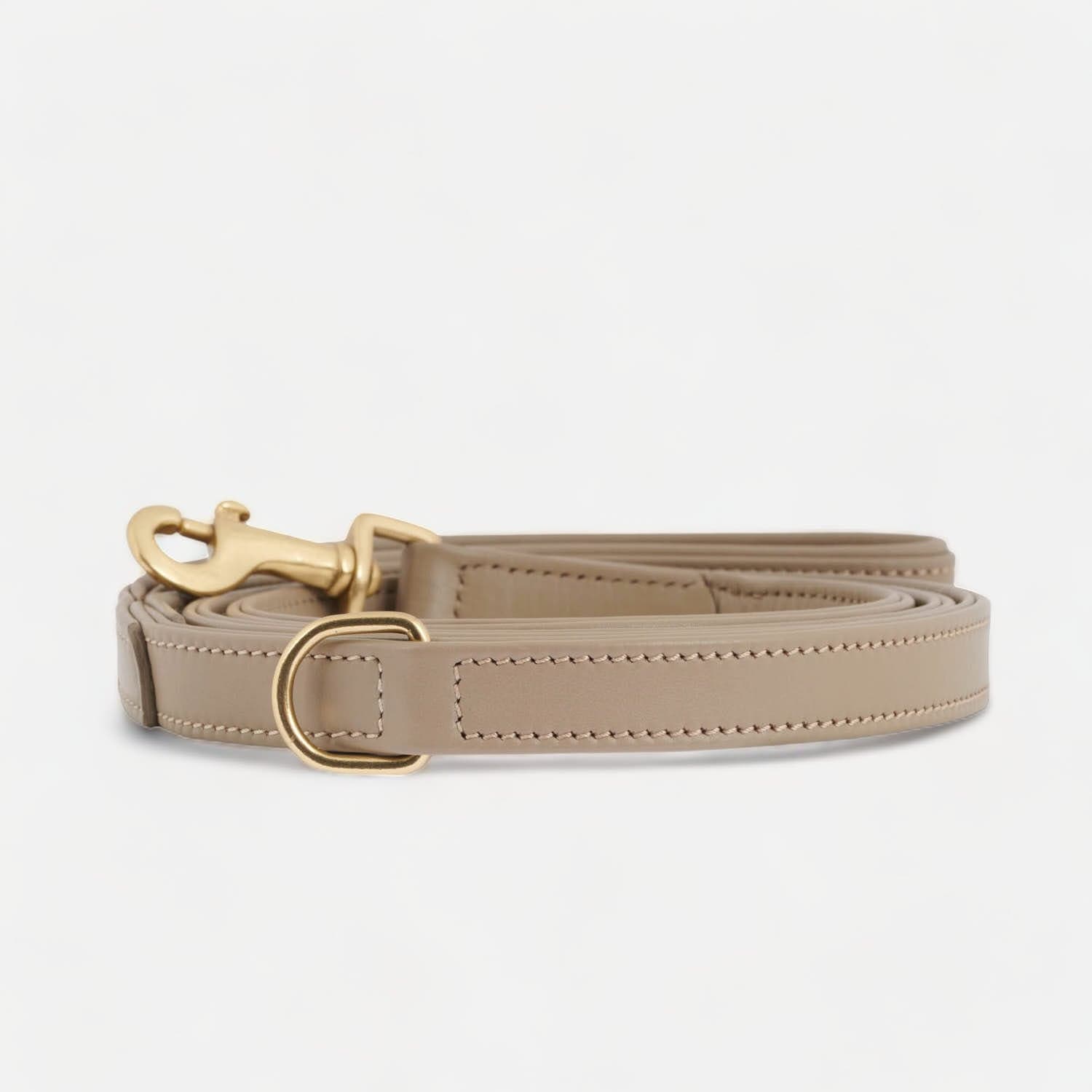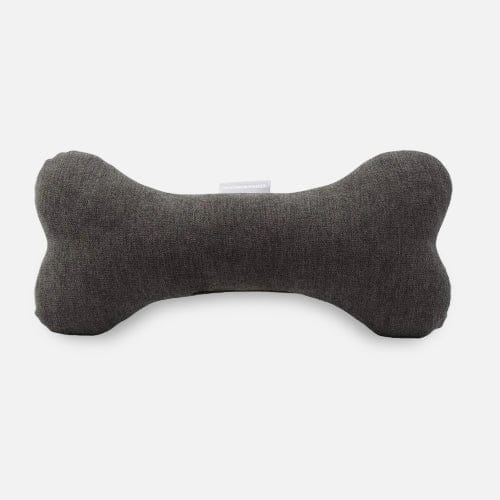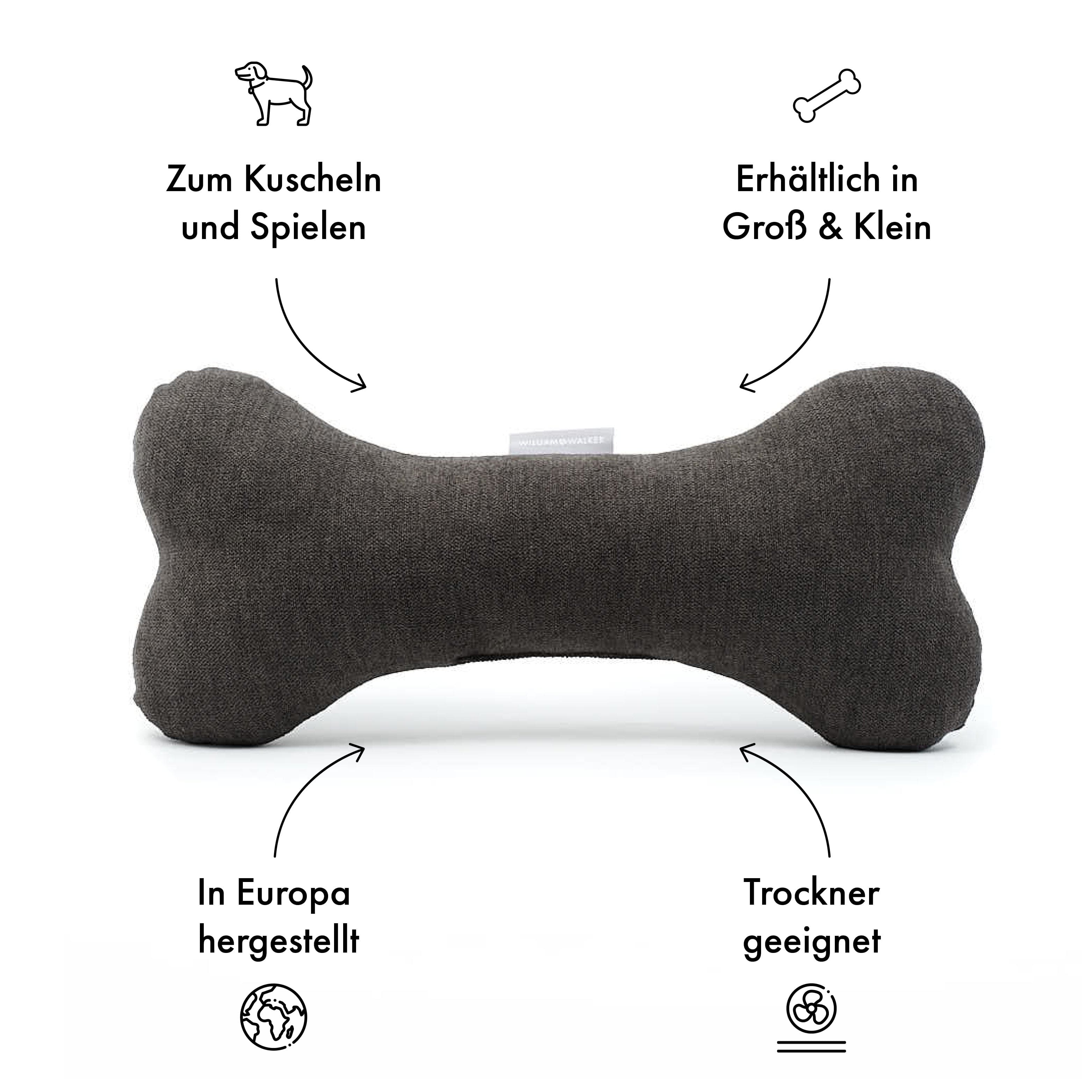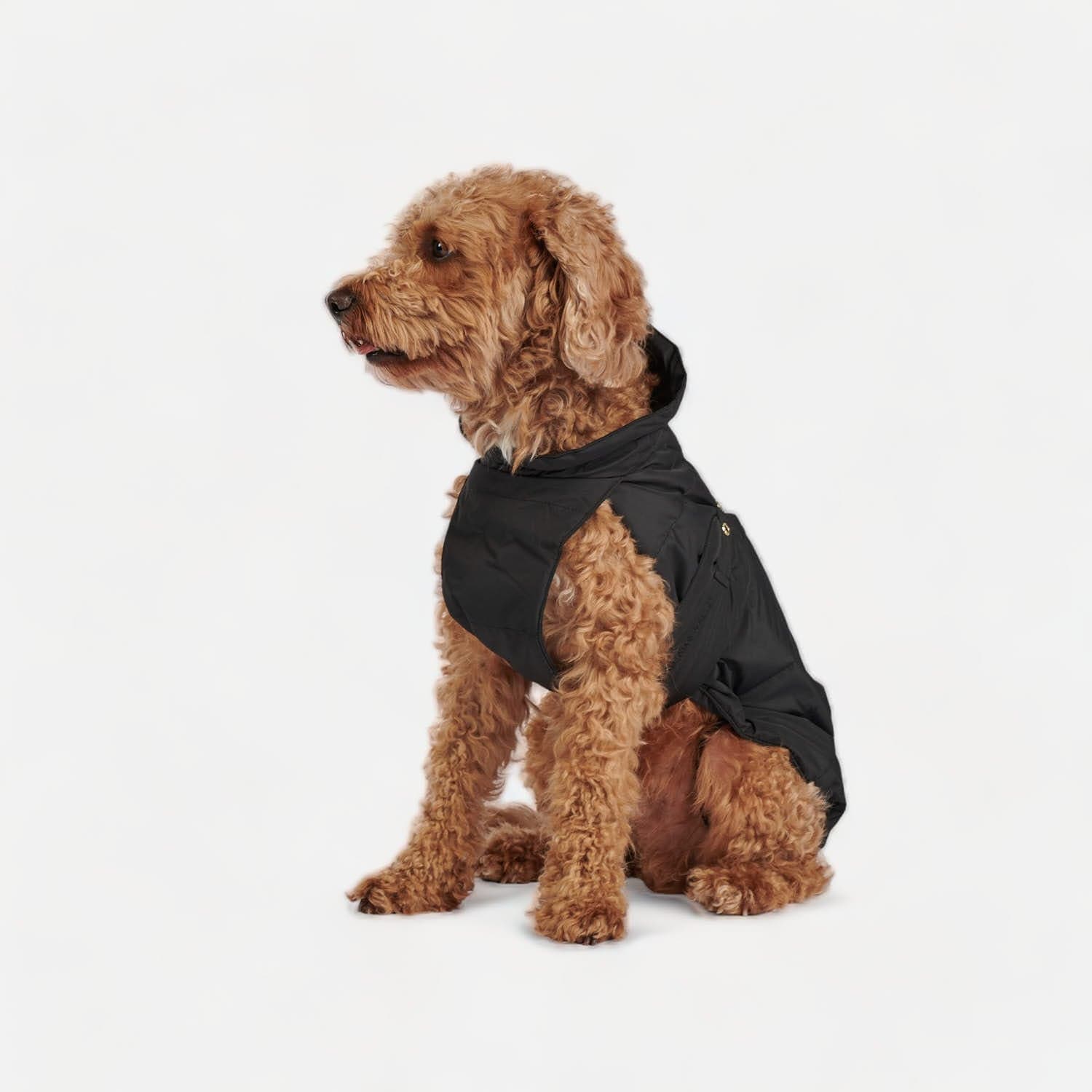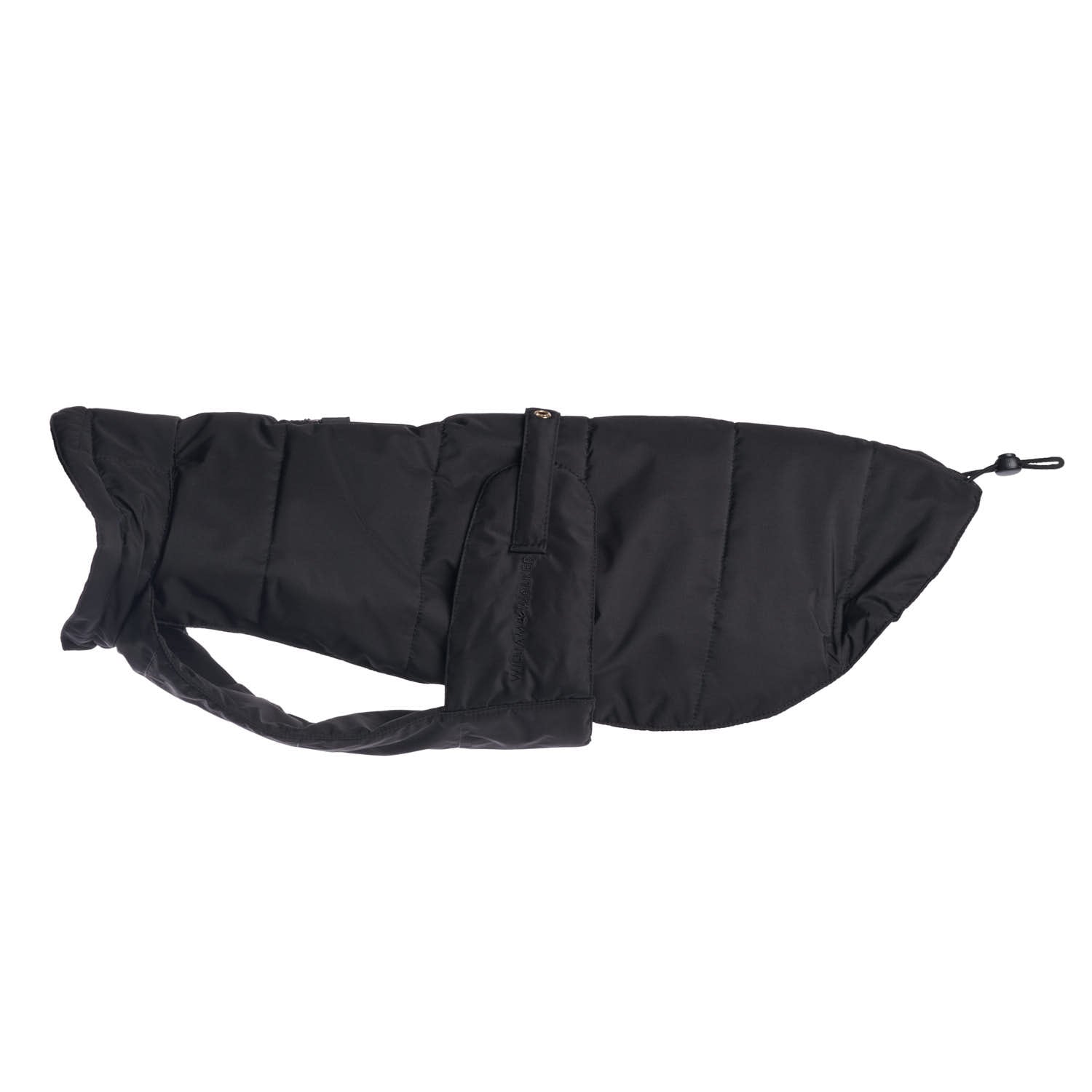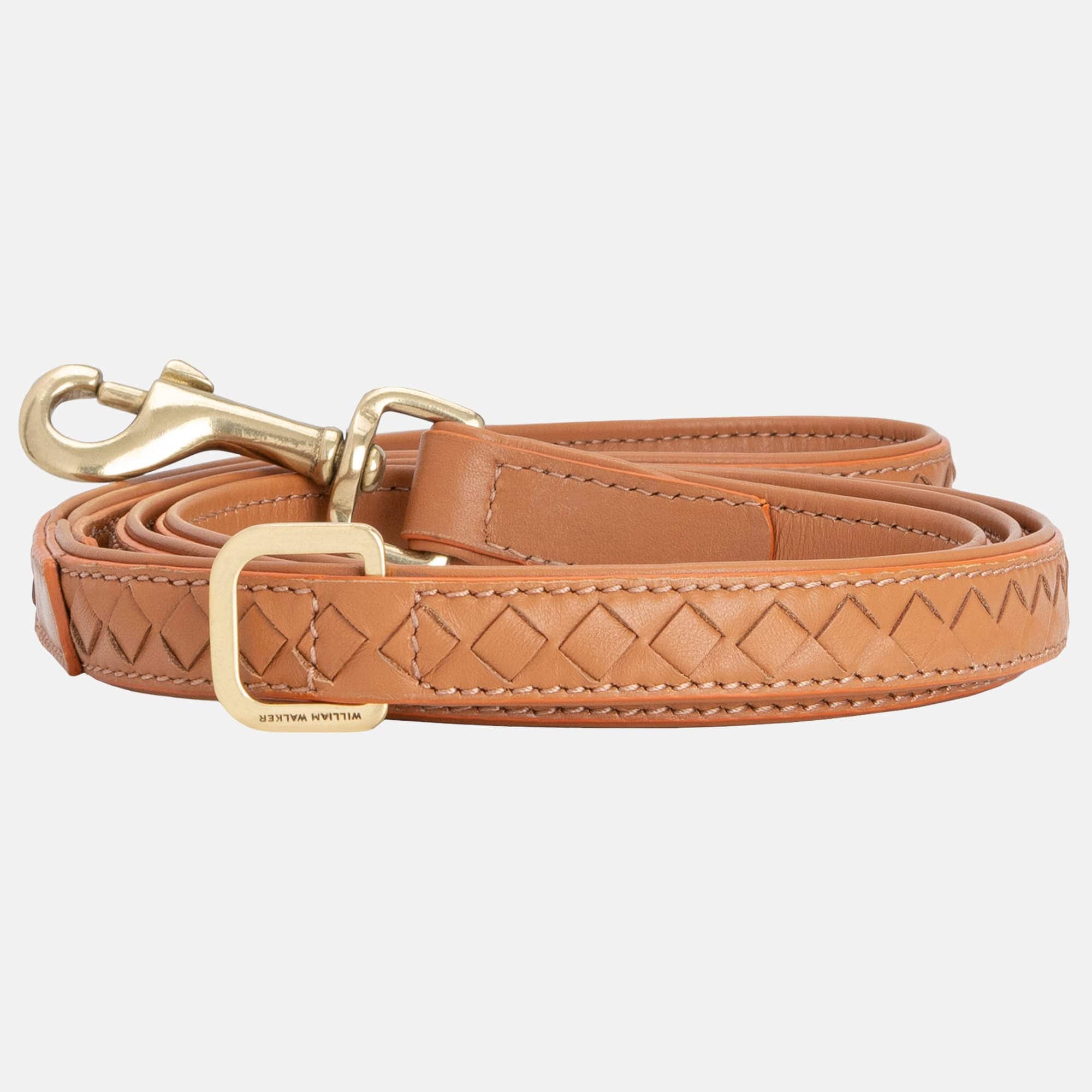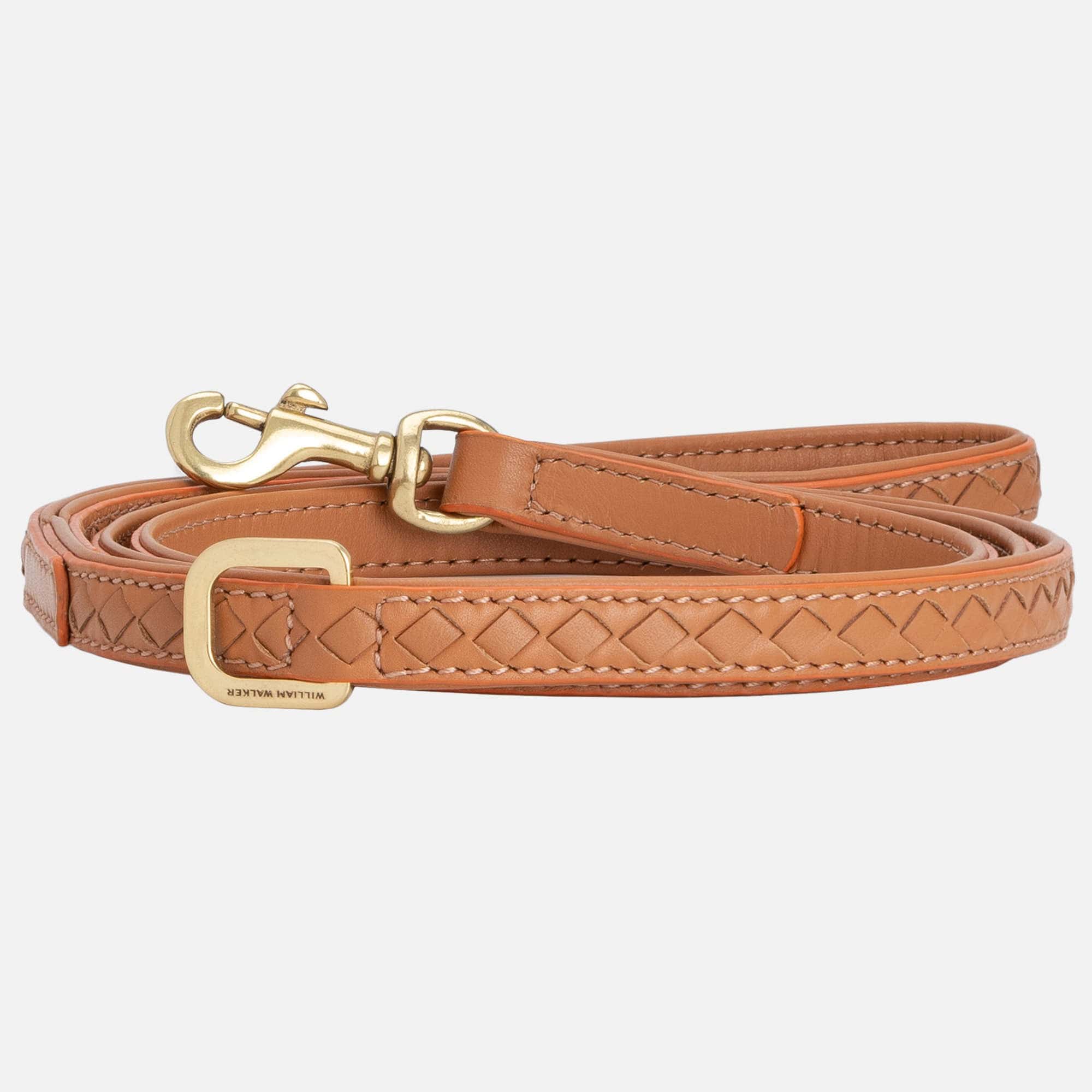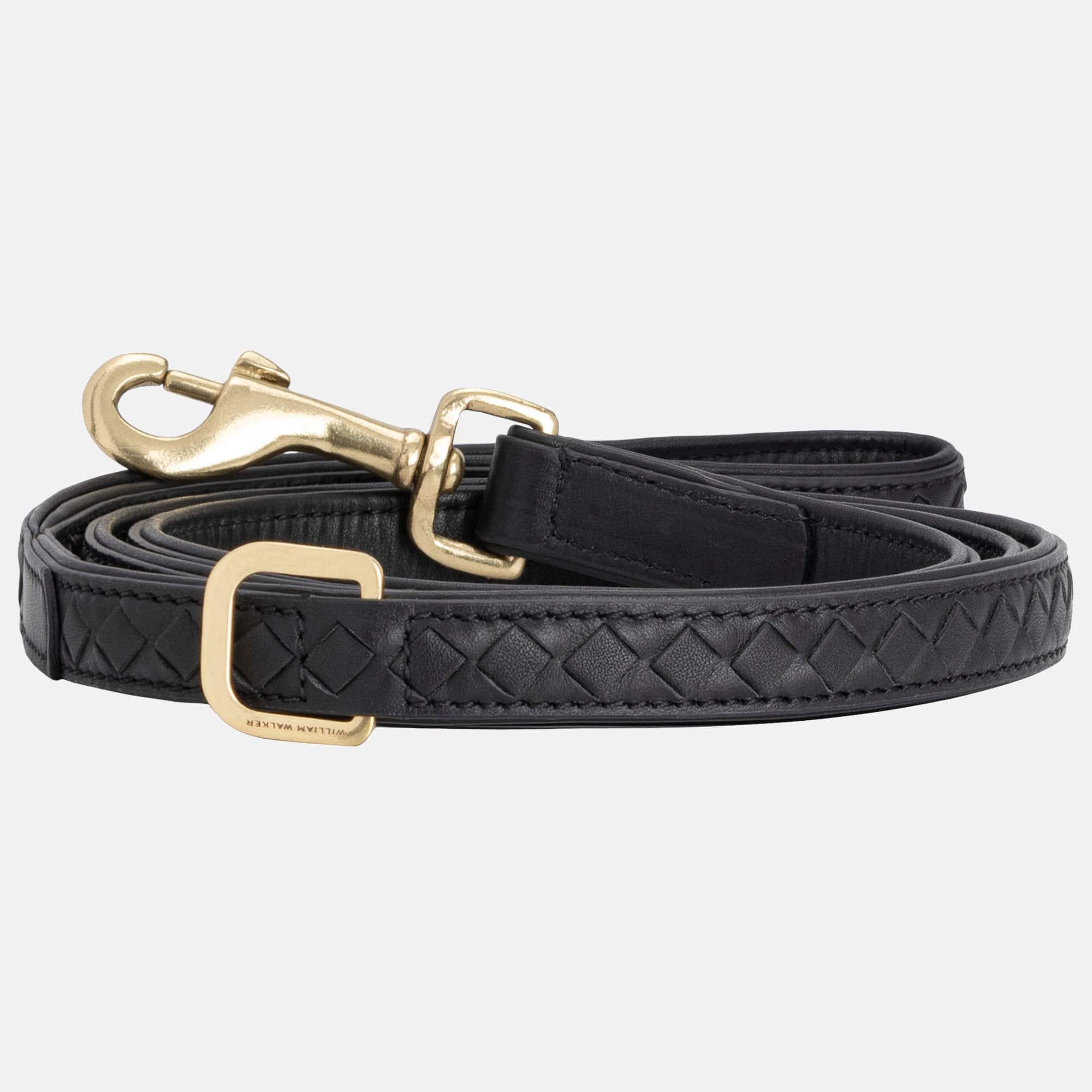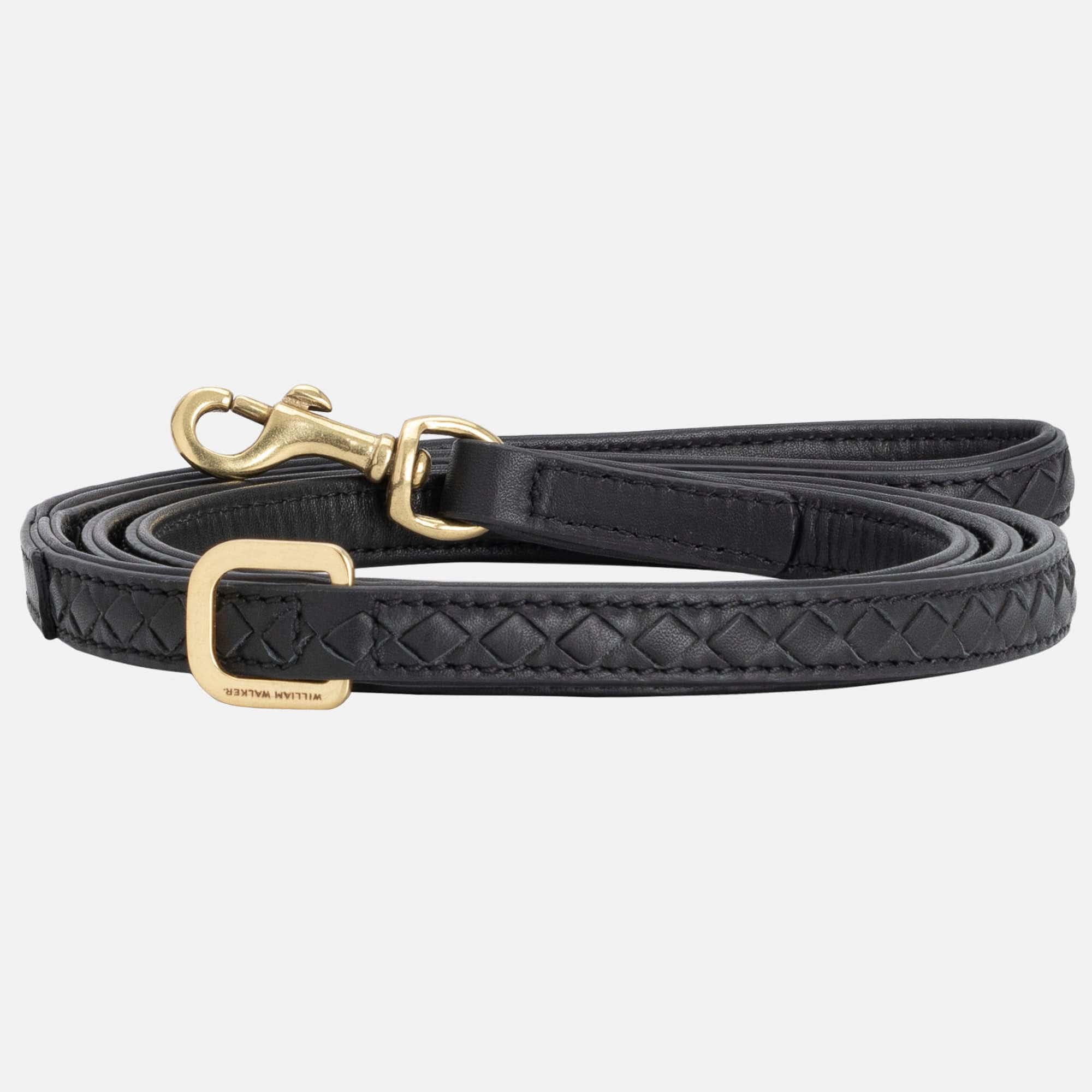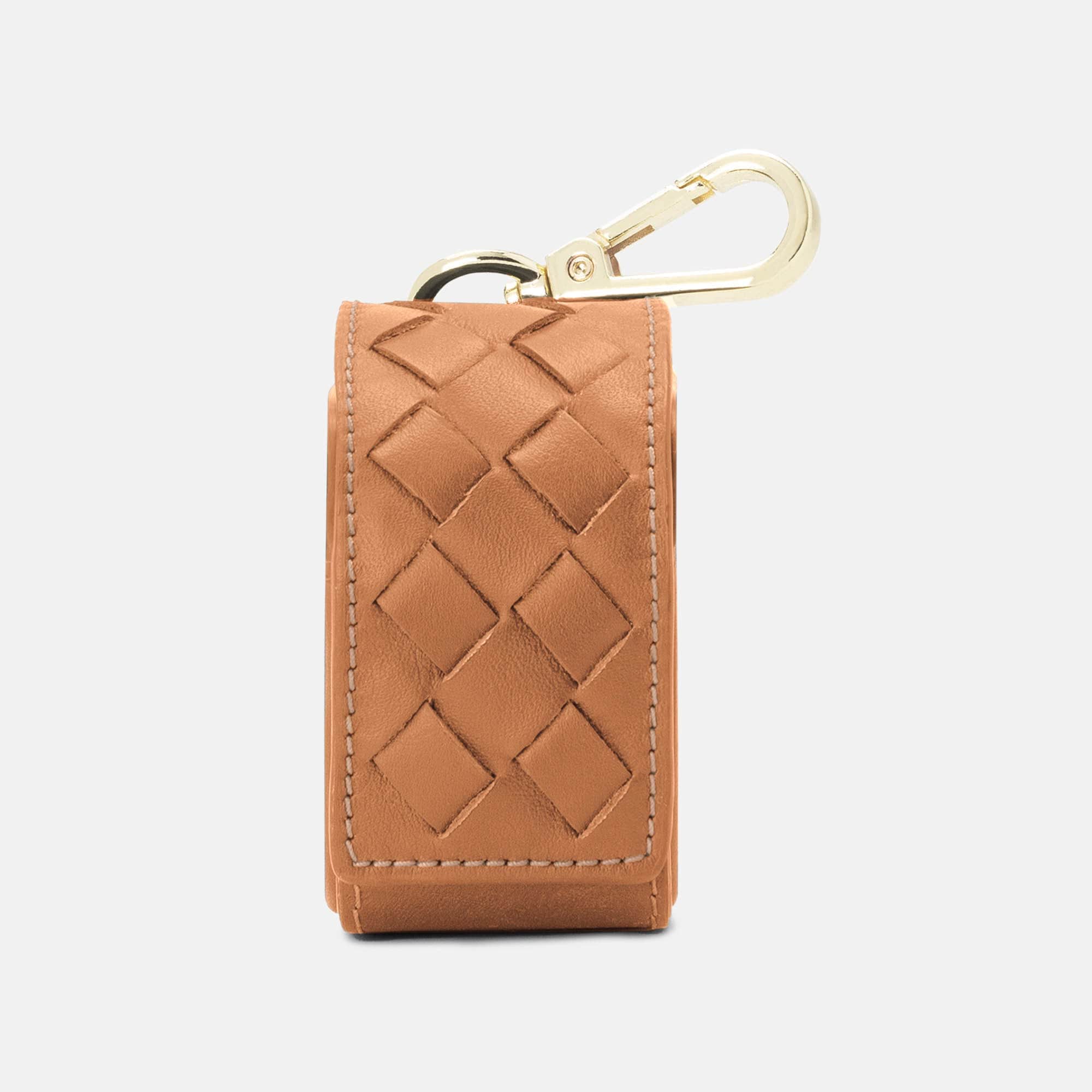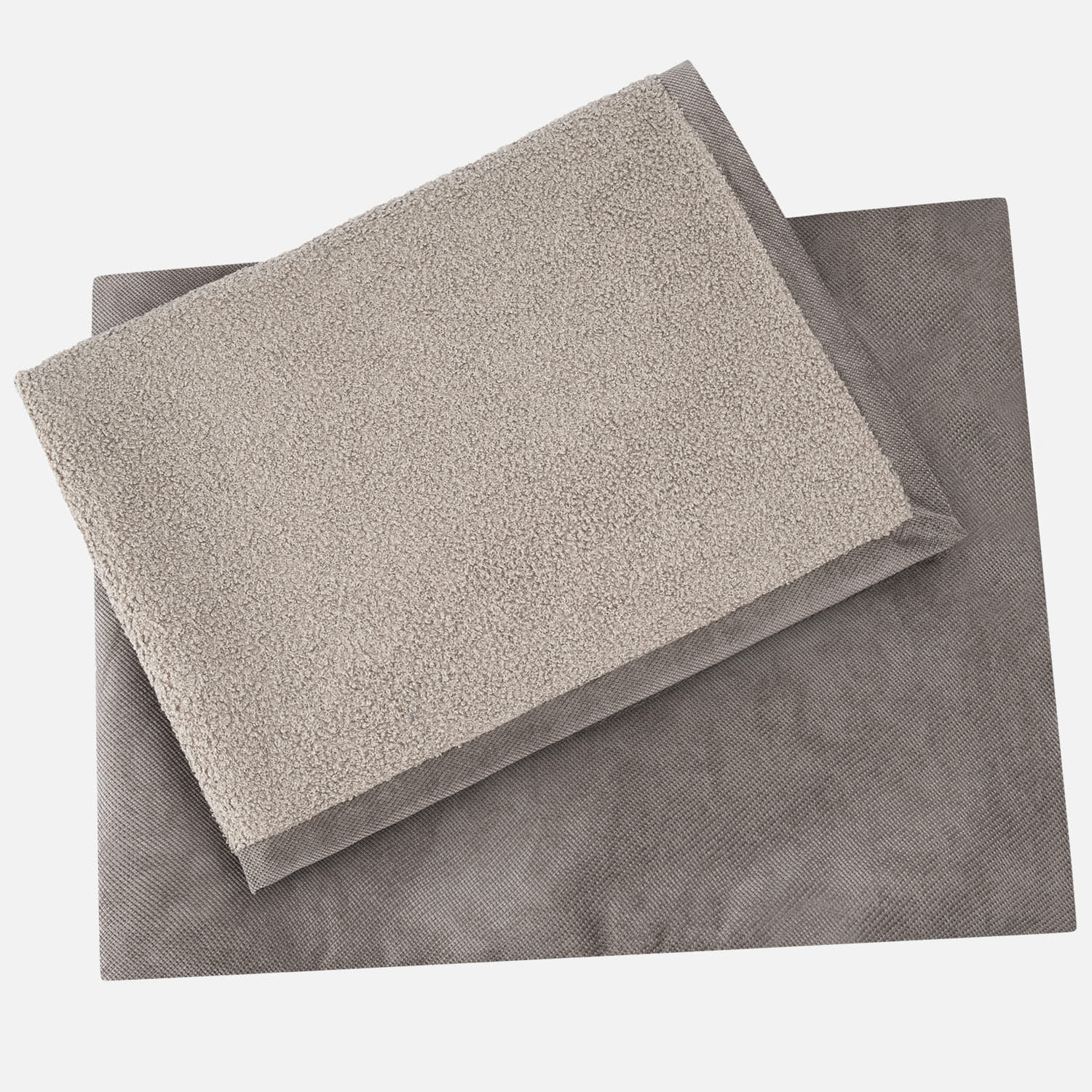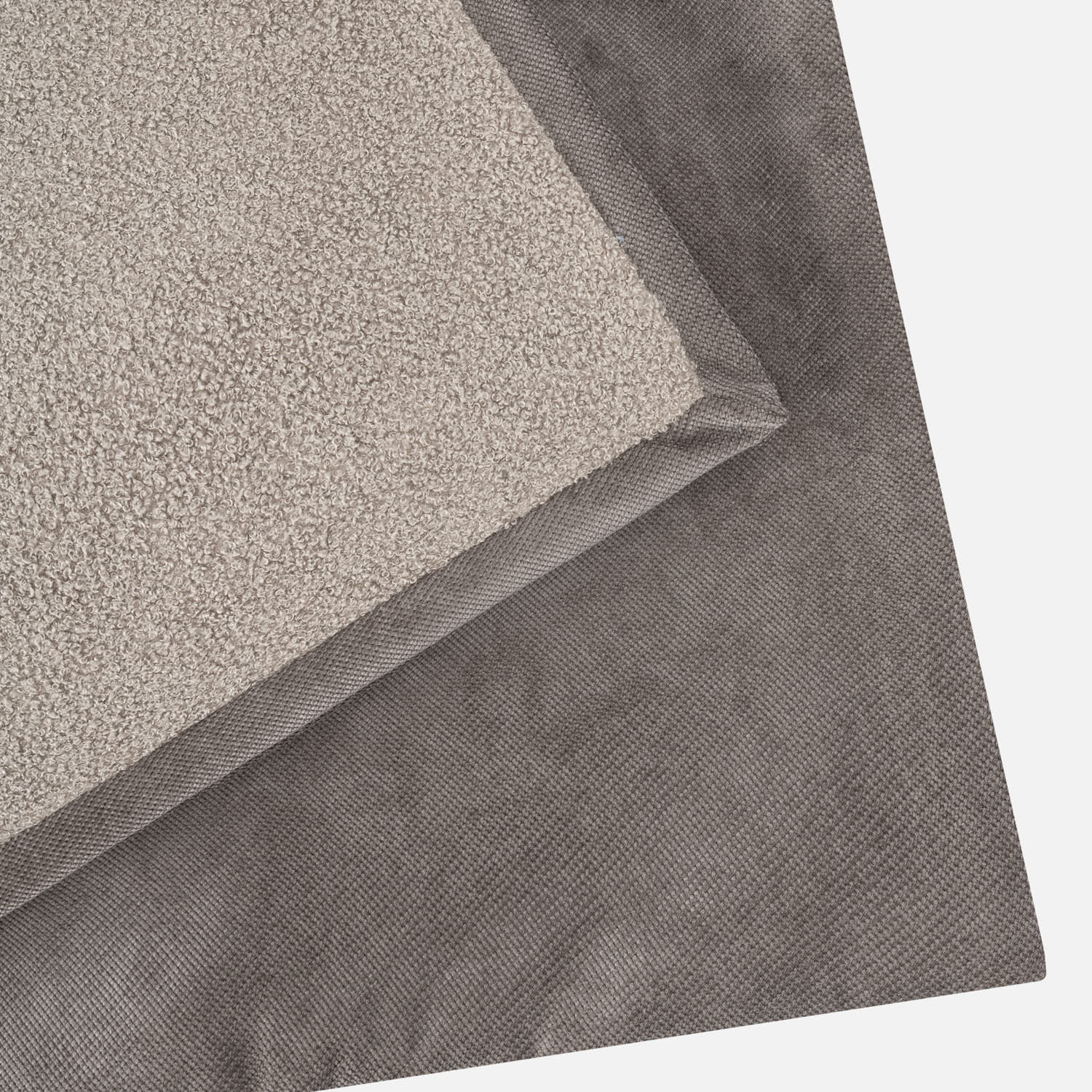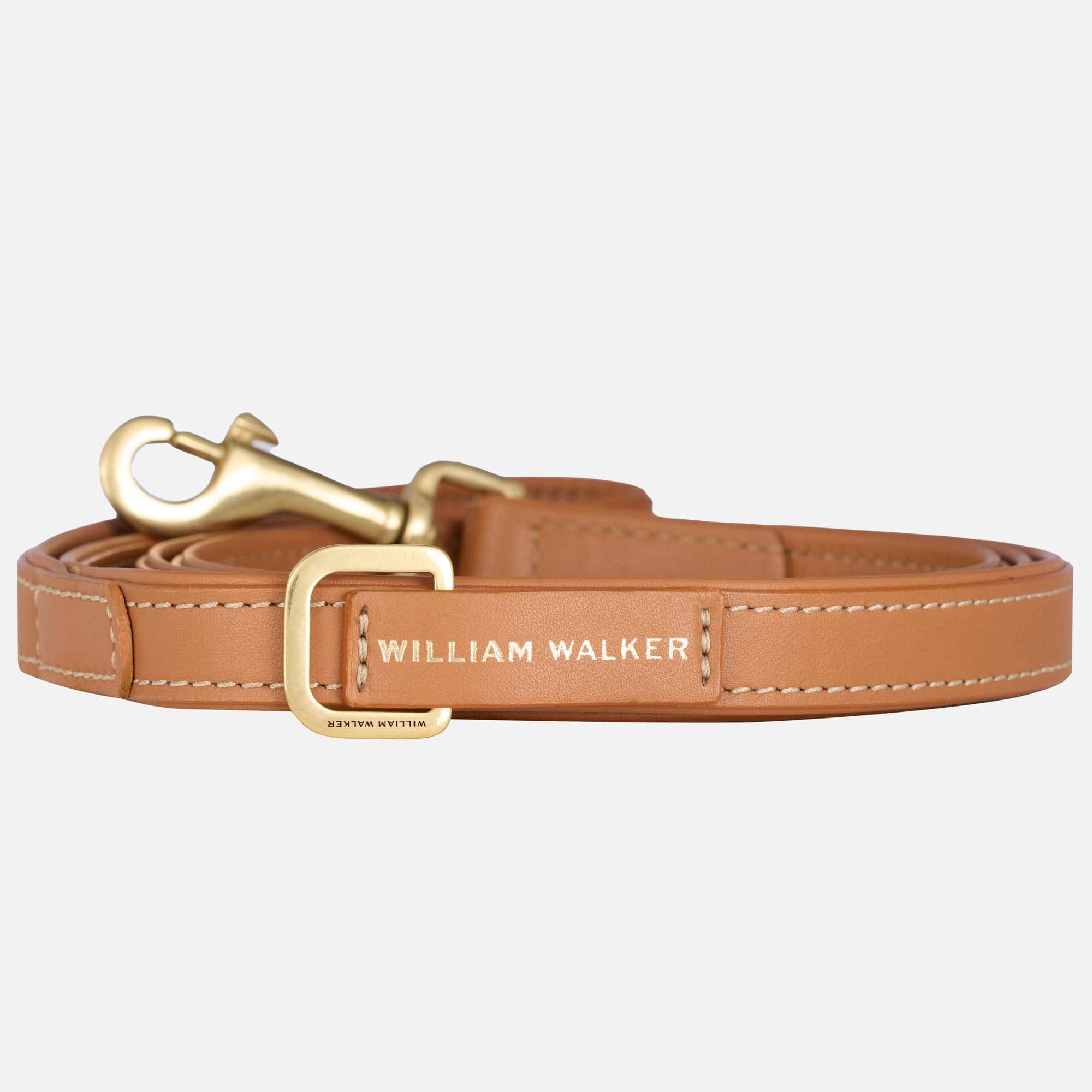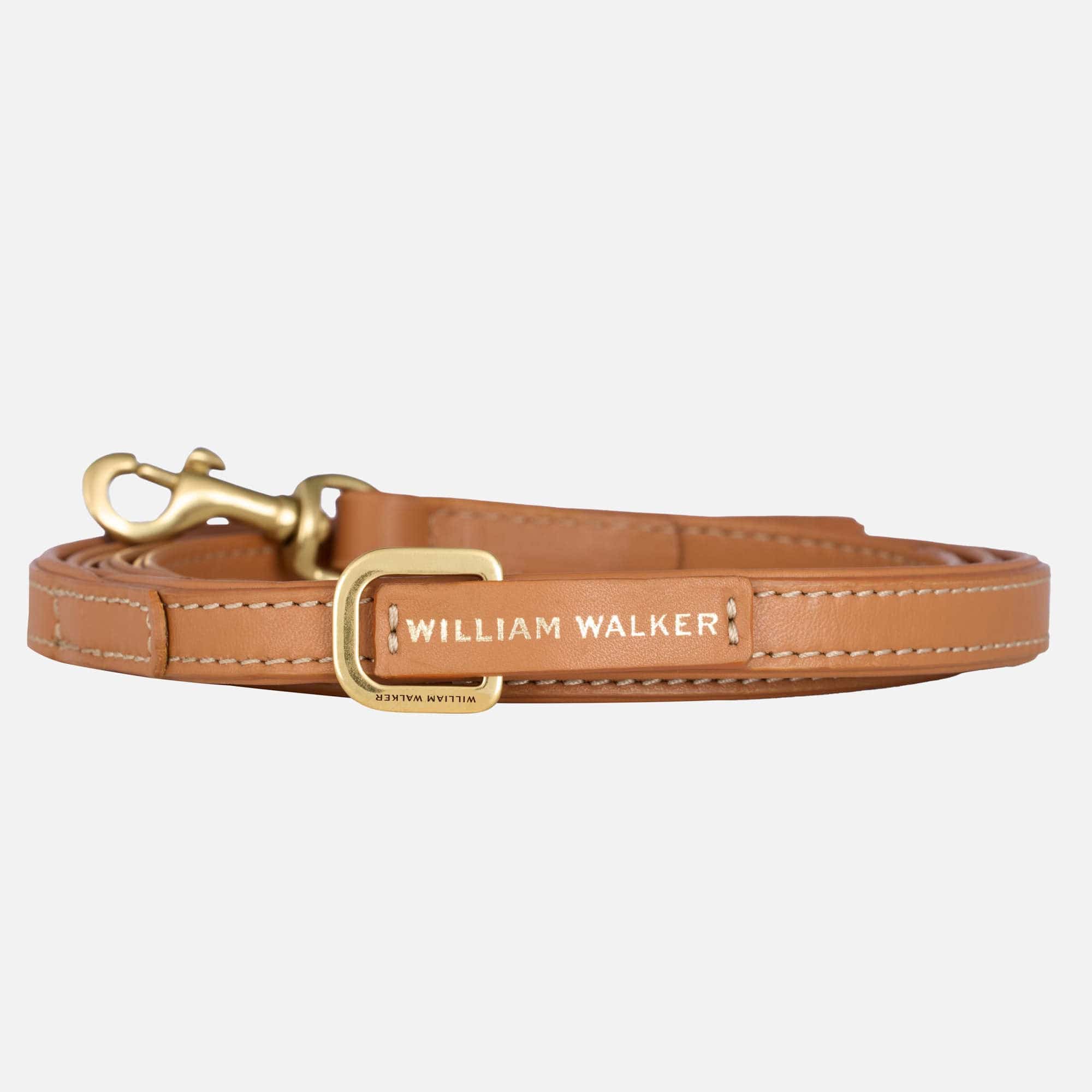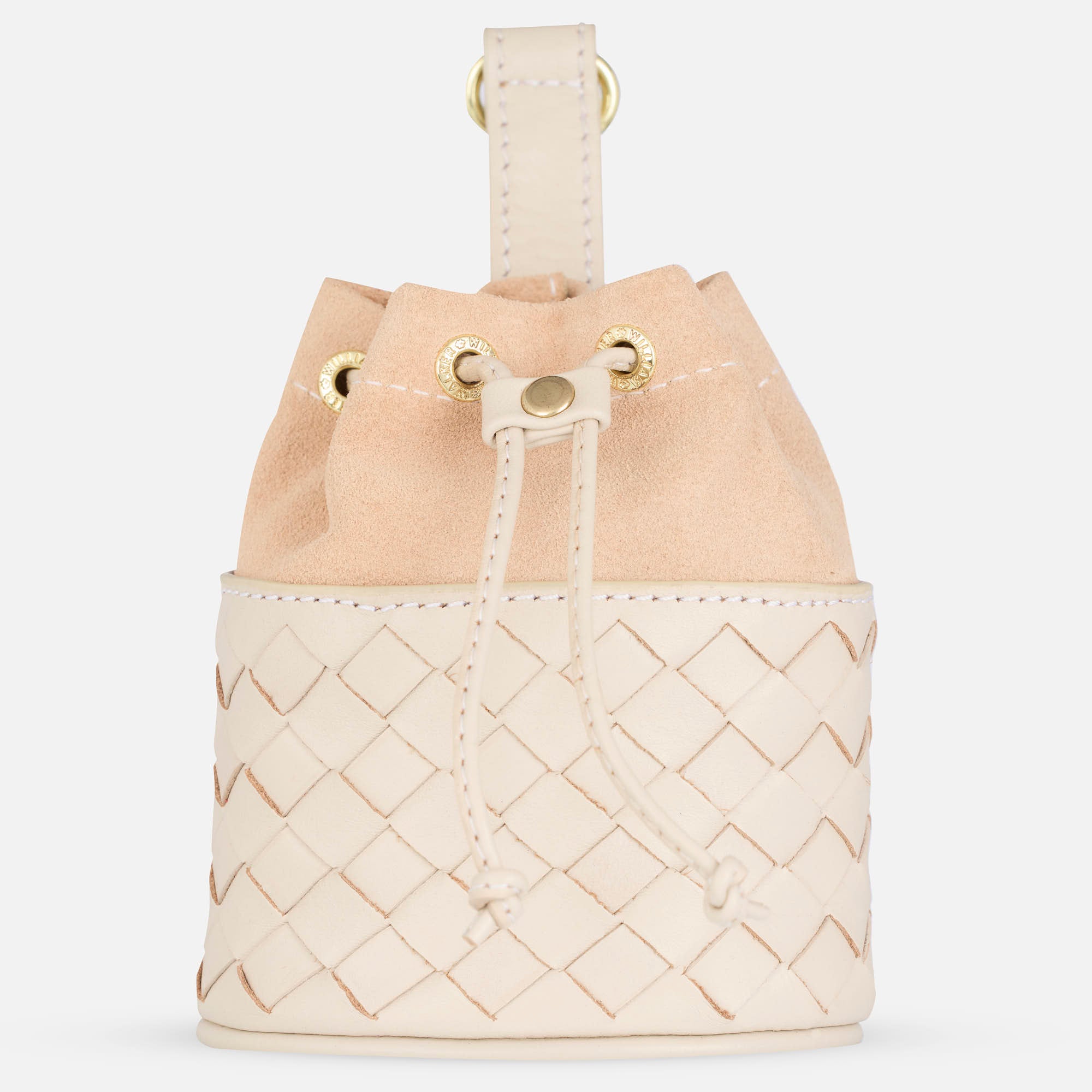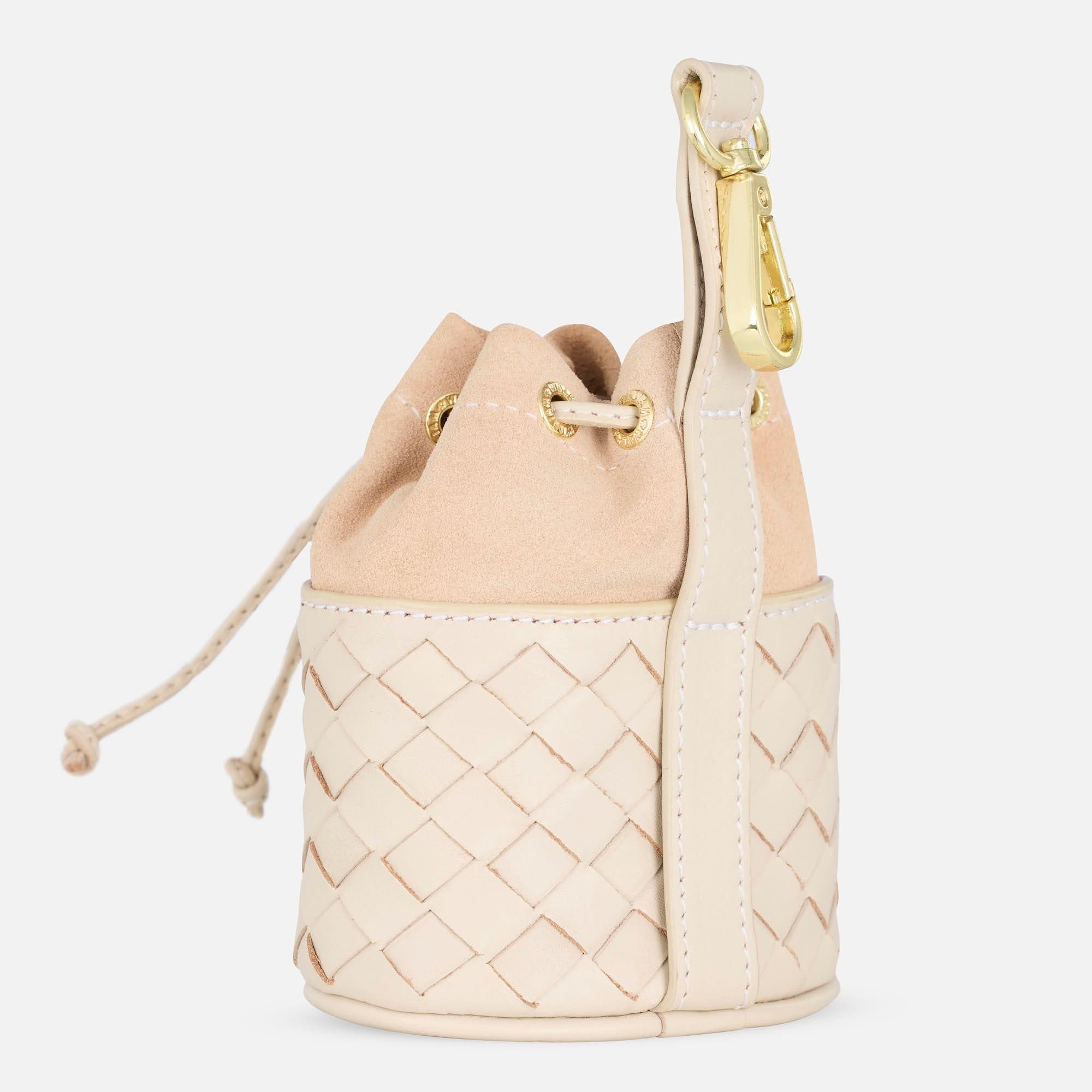Part 1 - The characteristics of the dog are decisive for the choice of dog food
Anyone who has to choose a dog food is spoiled for choice. The dog food market is booming and offers a wide variety of different types and varieties. In addition to classic wet and dry food, there is virtually everything your heart desires - whether vegan, vegetarian, pescatarian, organic or based on insect proteins. Dog food is not always just about the dog's preferences, the owners are also heavily involved, as they ultimately decide what their pet gets to eat. This is why the trend, as in human nutrition, is towards less meat and a sustainable, ecologically correct diet. Of course, other factors also play a role that should not be underestimated. Some types of dog food take up more space, are more time-consuming or smell more extreme than others, and manufacturers are primarily trying to satisfy owners. However, it is just as important that the four-legged friends like the food and that they tolerate it well. Do you know one - do you know them all? Not with our dearest furry friends. Because dogs are not only breed-specific, but also very different in character. Today, we at William Walker explain which characteristics of the dog influence the choice of food and how you can recognize whether your dog tolerates the food.
Pay attention to these characteristics of your dog when choosing food
Make sure you choose a dog food that is adapted to your dog's characteristics. First of all, the age, breed, activity and health of your four-legged friend are important. Young and very active four-legged friends, for example, need enough protein and, above all, sufficient fat in their food, which they can convert into energy. In contrast, seniors and, above all, small dogs that tend to be overweight need a lighter, less fatty food. A main ingredient such as chicken or game is suitable for this. The breed often provides information about how active a dog is and which diseases can be prevented by a good diet, for example. Through centuries of breeding, our faithful companions have come a long way from their ancestors, the wolves. They have become less strong in the stomach and resistant to allergies and diseases and, like us humans, have intolerances. After much trial and error, it can happen that you end up with a dog food containing camel or kangaroo meat. It is therefore essential to look out for very specific characteristics in your dog that you can use to identify an intolerance to the food.
In this way, you can recognize your dog's intolerances and/or allergies to ingredients in the dog food:
-
The condition of your dog's coat says a lot about his diet
Dogs have a completely natural protective layer of various fats on their coat that protects it from dirt and moisture - this is completely normal and absolutely desirable. If you stroke your dog and afterwards have a thick greasy film on your fingers that forms small black crumbs when rubbed, then something is wrong. Greasy fur is not a sign that the food is too greasy, but is often a sign of hyperacidity. This hyperacidity goes hand in hand with stomach problems and is then increasingly manifested by an unpleasant odor from the dog and its coat. If this odor becomes a stench, the dog food should be changed. However, if this odor is within the normal range, some things can be corrected with food supplements. A dash of linseed oil, e.g. the William Walker Premium Linseed Oil Lucky Loveensures a good fat balance and supports the dog's skin.
Caution: Severe itching or even open spots, so-called hot spots, as well as weeping scratches on the dog's armpits indicate an allergy. This is often triggered by the wrong dog food, but the symptoms can also be caused by an allergic reaction, e.g. to detergents or pollen. In this case, a visit to the vet is essential to get to the bottom of the problem.
-
The functions of the digestive system are significantly influenced by the dog's food.
Flatulence or frequent defecation in particular indicate an intolerance. However, unpleasant odors from the mouth are also signs of acidity in the dog's stomach, which can be triggered by intolerances. This can lead to reflux, the vomiting of stomach acid, or so-called licking attacks. This is when the dog licks the floor or furniture like crazy or starts to eat grass and other shrubs intensively. This reaction is similar to the urge to drink milk when we humans experience heartburn. Depending on the severity of the symptoms, it is advisable to change the food, compensate with food supplements or visit the vet to rule out other illnesses.
Caution: Diarrhea and vomiting can be severe reactions to the wrong dog food. This is often due to an allergy, intolerance or because the new dog food has not been introduced correctly. It can take some time to get used to dry food in particular. If diarrhea and vomiting persist for several days, the dog should stop eating and be given mashed potatoes or a light diet. You can then consult a vet to decide how to proceed.
The exclusion diet - what to do if the dog has many intolerances and allergies
If the dog has several of the symptoms mentioned above, or if a food allergy has even been identified, an exclusion diet is usually the only way to achieve success. This involves testing the tolerance of individual foods. For example, you start by giving your dog potatoes for 1-2 weeks. If the dog shows no intolerance here, another food is added, e.g. game meat. The exclusion diet often takes several months, so it is very time-consuming. Nevertheless, it is worth the effort, because a good and appropriate dog diet is the key to a long and healthy dog's life. Stomach ulcers, arthrosis or even cancer can be the result of years of over-acidification.
In our second part on dog nutrition, we will deal explicitly with the various feeding methods, such as barf, dry and wet food, as well as other alternatives. And don't forget - in addition to all the things that need to be considered, the fun and enjoyment of eating should of course not be lost :)
From Louisa Knoll



























